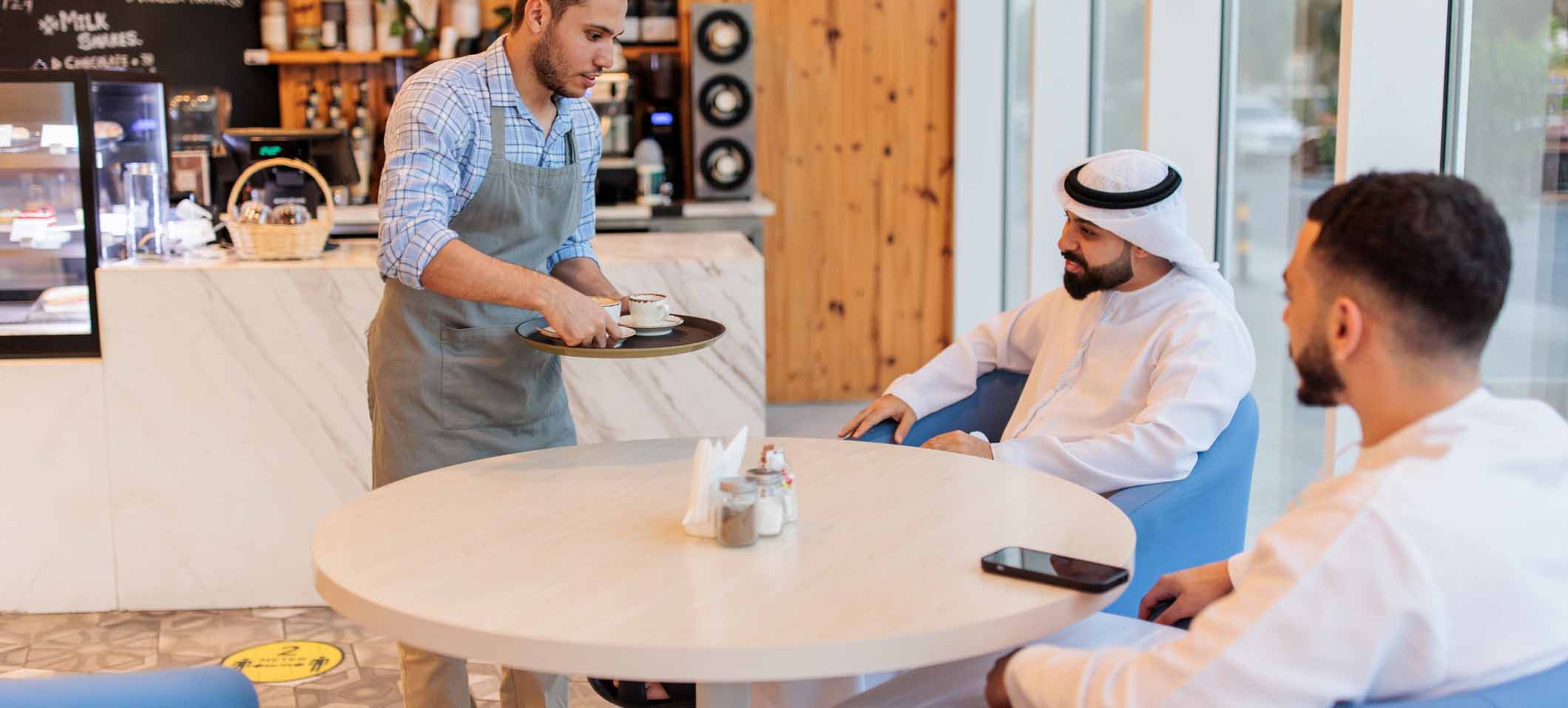
Over the past six months, I’ve had the privilege of traveling across the GCC region, meeting visionaries, entrepreneurs, and leaders in the hospitality sector as part of my role with Heko Smart Kitchen. These interactions have revealed a region not only rich in culture and heritage but also pulsing with ambitious development and global vision. The hospitality sector, in particular, is becoming a focal point for this evolution, blending luxury, technology, and sustainability in ways that are reshaping both the guest experience and the industry’s future.
UAE: The launchpad of innovation
United Arab Emirates, a country that continues to set the pace in innovation, infrastructure, and investment. The UAE has mastered the art of blending tradition with modernity, establishing itself as a strategic base for businesses like ours to enter the region and explore broader opportunities. The country’s open business environment and proactive tourism strategies make it a hub for regional decision makers and international investors alike.
Saudi Arabia: A market on fire
With Vision 2030, spearheaded by Crown Prince Mohammed bin Salman, the Kingdom is undergoing a transformation of historic proportions. The ambition is clear: diversify the economy, reduce reliance on oil, and position Saudi Arabia as a global center of tourism, investment, and innovation. The pace of change is breathtaking.
From NEOM to the Red Sea Project, and countless other giga-projects, Saudi Arabia is rewriting the narrative of what’s possible. The hospitality sector is at the heart of this shift luxury hotels, smart cities, and cultural destinations are rapidly emerging, supported by a young, ambitious population and unprecedented investment. Saudi Arabia is not just developing, it’s redefining itself. For global investors and hospitality professionals, it represents a once in a generation opportunity. Saudi Arabia is no longer a “future opportunity” it’s happening now.
The World Cup ripple effect
Qatar’s successful hosting of the 2022 FIFA World Cup demonstrated the region’s capability to deliver world-class experiences. Now, with Morocco, Spain, and Portugal set to host in 2030, and Saudi Arabia confirmed for 2034, the ripple effects are evident. These events are more than football, they are catalysts for development, opening new markets, and inspiring confidence in the region’s readiness to welcome the world.
The silent shifters: Oman, Bahrain, Kuwait, Lebanon
Beyond the headlines, countries like Oman, Bahrain, and Kuwait are quietly carving their space in the hospitality narrative. Their unique charm lies in their authenticity and cultural richness. I’ve had some of the most genuine, forward-looking conversations in these countries, where there’s deep respect for tradition but a real openness to what the future can bring.
Lebanon, despite its challenges, remains a deeply creative and resilient market. Its people, its food, its soul, it all contributes to a unique hospitality DNA that has the potential to shine again.
Conclusion
Despite the complexities, the Middle East stands as a powerful reminder of what’s possible when ambition meets action. This region isn’t waiting for change, it’s actively creating it. For global hospitality players, tech innovators, investors, and solo entrepreneurs alike, the doors are wide open. Boundaries are shifting. The future is being shaped in real time, and the Middle East is right at its heart.
On a personal level, this journey has been one of immense growth fueled by listening, learning, and engaging in conversations that truly matter. The people I’ve encountered aren’t simply chasing trends, they’re building legacies. That, to me, is the essence of this region. A place where ideas take root, where collaboration is authentic, and where tomorrow is being built today. The Middle East offers a new horizon.
Hakima Kettani is the business development manager of Hero Smart Kitchen
